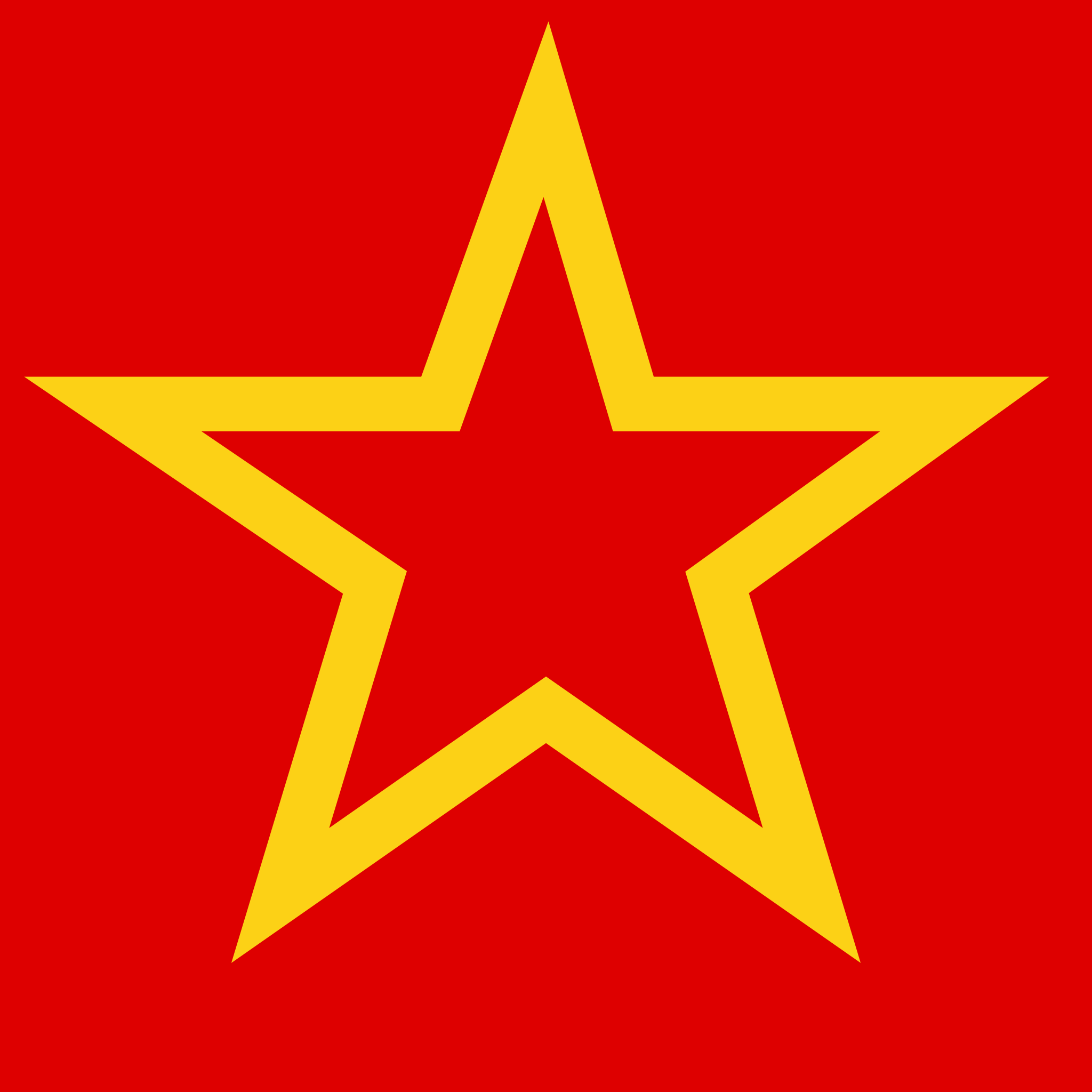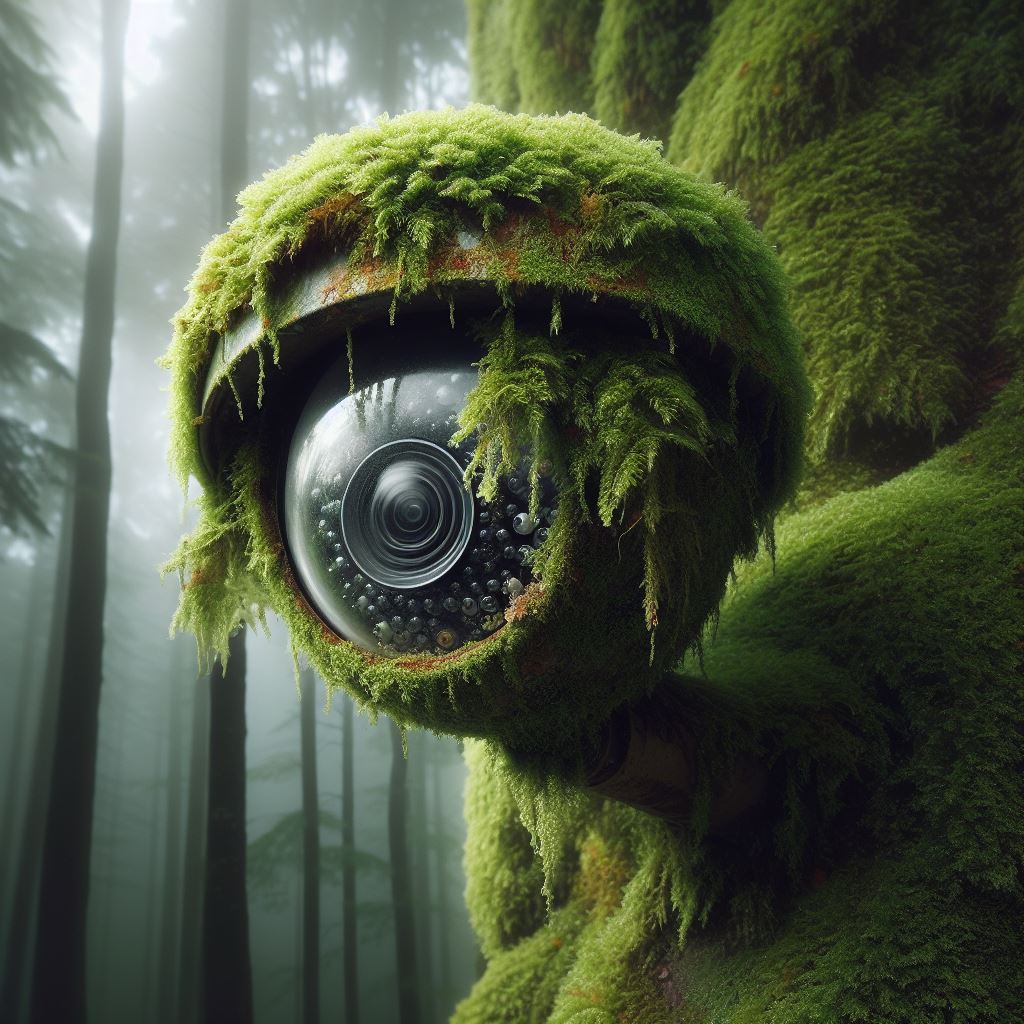Got back into reading fiction again and I love it. Just finished The Martian, and while it was enjoyable there's some lib shit in there that annoyed the fuck out of me. I mainly enjoyed it because I'm a physicist, so I could understand all of the (mostly correct) science and how decisions were being made, and why some of them were so cool. If anyone has any recommendations for more hard Sci-fi (or from any other genres) I might enjoy, either without or with absolutely minimal lib shit, I'd be v v v grateful.
Thanks chapos! :ancom-heart:
Mars Trilogy by Kim Stanley Robinson. Cannot recommend highly enough.
Asimov and Clarke too of course, they’re still good 50+ years on
Anything by Kim Stanley Robinson, really. The Ministry for the Future was one of the best books I've read in years. I'm not sure it counts as "sci-fi," unless you consider like meaningful climate change policy action science fiction. Which...yeah.
I was super into that one until the perspective shifted from people melting in India to the climate change policy people in Switzerland. The book just got super boring for me at that point when KSR's social democratic politics began to guide the plot. I just couldn't believe that UN bureaucrats would actually be able to change anything.
Eventually, it switches again to people doing black-ops ecoterrorism by assassinating billionaires and blowing up private jets. The UN lady is kind of the narrative throughline, but she's the least interesting part of the book. There are chapters about people establishing worker owned co-op farms in India, anarchosyndicalist collectives in Spain, and a bunch of other things. The whole point of the book, I think, is that the technocratic bullshit the UN wants to do gets laughed out of the room until people start engaging in direct action. At one point, a group kidnaps Davos. All of it. It owns.
If you've got the opportunity to listen to it as an audiobook, I recommend it. It's a full cast, and much of the book is composed of little one chapter "vignettes" from people around the world grappling with climate change at a local level. They're all ready by people who are actually from the region in question, and it adds a lot to the experience in my opinion.
I’m not sure it’s “hard” sci-fi but three body problem is the thing that’s actually felt most like a spiritual successor to old school hard sci-fi in a long time. You may have to suspend disbelief occasionally reading it as a physicist, but the way it blends high concept sci-fi with politics, philosophy etc is so good.
I have a hard SF trilogy in the works at the moment. It’s sort of like: imagine if Star Trek: Enterprise didn’t suck and was way more communist. The first book is done. Anyone who wants an .epub or .mobi can message me and I’ll give you a dropbox link.
The trilogy is actually going to be published by a small publisher at some point in the next year or so and I wanted to tell people about it here when it happens if it’s okay. I’ll probably just say people can get the books from me for free if they want, but that if they have the funds they should support the publisher.
How about that Expanse? Haven't read the books personally, but I've heard they're good too (not just the show) Maybe not the hardest of sci fis, but certainly harder than most
Yea, I definitely get where you're coming from. I feel like the ensemble isn't as large as that of GoT, but it is definitely in expansion (I'm so clever, right?)
I just really like the setting and the tech, it's close enough to "now" that it feels impactful to me.
anything by peter watts, hardest shit this century
prepare to hate your stupid navel gazing monkey brain, all glory to the neurologically superior space cephalopod collective unconscious
edit: lots of his works are also free
edit2: honestly ted chiang is probably best sf guy because he can actually write, but he leans a bit soft comparatively. also watts has that mad scientist x factor going on
Blindsight and Echopraxia are both just phenomenal. Incredible worldbuilding and also the hardest of "hard" sci-fi (along with some awesome concepts from philosophy as well). I think the series is supposed to get a third part eventually, but I haven't heard anything about it for quite a while now. I'm teaching a low-key "fun" elective course on speculative fiction next year, and I think these two are the first books we're going to cover.
third part's called omniscience, he's posted snippets on his blog before
I'm also a huge Watts fan. Blindsight is his magnum opus, but if OP wants a taste his novelette The Island is excellent. He also wrote some great shot stories, but the only one which name I remember is Mayfly.
fist bump.
after much introspection, i've decided that i prefer echopraxia over blindsight. it's just blindsight introduces all the big batshit ideas that makes watts so fun to read for me.
The Mars Trilogy is the one everyone talks about, and its fun, but for me it was very up and down. The Three Body Problem (and that whole trilogy ) is really good. The second book, The Dark Forrest, was the best SciFi I've read in a while.
Not sure how hard the science can be considered, but The Culture Series is fun stuff. The "tech" is much more hopeful than realistic, but such fun world building.
Hannu Rajaniemi's Le Flambeur trilogy. Starts with Fractal Thief.
There's 0 exposition - but it's about immortal transhumans in the future so things are wildly different. Prepare to read a few sentences and not know what that means! You actually might have an easier time with your physics background, one space battle includes "surfing the deficit angle" of some blast.
Most world systems have long collapsed, the first one takes place on Mars where time as a human is used as currency so it is capitalistic. The two main factions are the zoku (who descend from modern gamers lol) and the guberniya that consist of millions upon millions of copies of the founders.
I'm surprised now one has suggested Greg Egan, the King of hard science fiction. His novel Diaspora is one my favorites. It's about those genderless incorporeal AI-people living in a big-ass computer in the far future.
You might want to start with his short stories to see if this kind of ultra-hard stuff is right up your alley. Look into Crystal Nights, Learning to be me, Transition Dreams.
Commenting to post a question myself. Is the Red Mars trilogy by Kim Stanley Robinson considered hard sci-fi as well? I get distracted and don’t make much progress, so I’m not too aware if it is.
I consider KSR hard SF. I like him a great deal but I find his books impossible to finish. Interesting stories and characters and great writing always wind up taking a back seat to interesting ideas. I think he should separate the interesting ideas into nonfiction and try to limit the time he spends with them in his fiction...
I'm not really sure what counts as "hard" sci-fi these days, but here's a few of my favorites:
-
Fire on the Mountain by Terry Bisson: an alternate history novel where John Brown wins and the South becomes socialist
-
The Water Knife by Paolo Bacigalupi: climate change has caused widespread drought and balkanization in the southwestern US, Nevada and Arizona are fighting a cold war over water rights
-
Walkaway by Cory Doctorow: fun, optimistic FALGSC story. Radicalized is also good but less hopeful and more violent. Other Doctorow novels are kinda hit-and-miss
-
Glasshouse by Charles Stross: a post-singularity mystery set inside a historical re-enactment of a 20th century town. CW: war crimes, body horror, gender dysphoria, and domestic violence. I've enjoyed pretty much everything that Stross writes but Glasshouse is a self-contained story whereas his two major novel series are like 9 books each. Check out The Laundry Files series for Lovecraftian horror mixed with British bureaucracy or The Merchant Princes series for an alternate universe political thriller. Neptune's Brood is also mostly self-contained, features communist robot squids, and was inspired by Debt: The First 5000 Years by David Graeber. Missile Gap is a deeply weird alternate history novella which features Yuri Gagarin piloting a nuclear powered ekranoplan across the flat earth.
-
Altered Carbon and its sequels by Richard Morgan: noir detective novels set in a world where human consciousness can be backed up to a computer or put in a new body. Most of the villains are wealthy aristocrats. Too bad the author is a TERF , so steal his books I guess
-
Ventus by Karl Schroeder : terraforming robots get out of control and destroy any human technology above a medieval level on a colony world, space cops chase an escaped AI god there and trying to figure out why the robots went rogue. Permanence is another good one about a comet miner who discovers an alien ship and claims it as salvage.
Oh wow, I had read missile gap a long time ago and I've been trying to remember what the title was for years
It's one of my favorite works of fiction, mostly because it sorta syncs up (Wizard of Oz/Pink Floyd style) with one of my favorite albums, Polygondwanaland by King Gizzard and the Lizard Wizard:
https://kinggizzardandthelizardwizard.com/polygondwanaland
-
Gotta go with the classics - Niven & Pournelle "Mote in God's Eye" & "Gripping Hand". Couldn't write a character to save their lives, but the scifi is good.
I like work by Alistair Reynolds. Usually not too lib and has a PhD in astrophysics so has that nice hard edge to it.
100% agree. House of subs is great hard space opera . I do love how it'll be like "6,500 years later the light hugger settled into orbit" a good reminder that space is big.
House of Suns is great albeit not hard sci-fi. Revelations Space is hard sci-fi but imho is not as good. Same with Chasm City.




